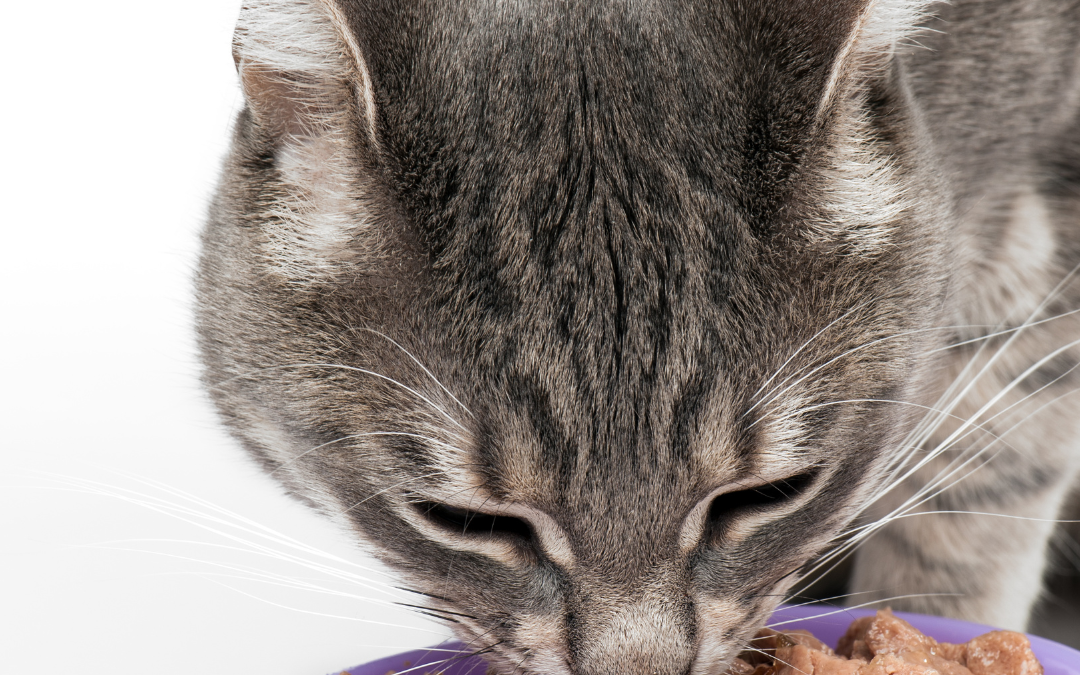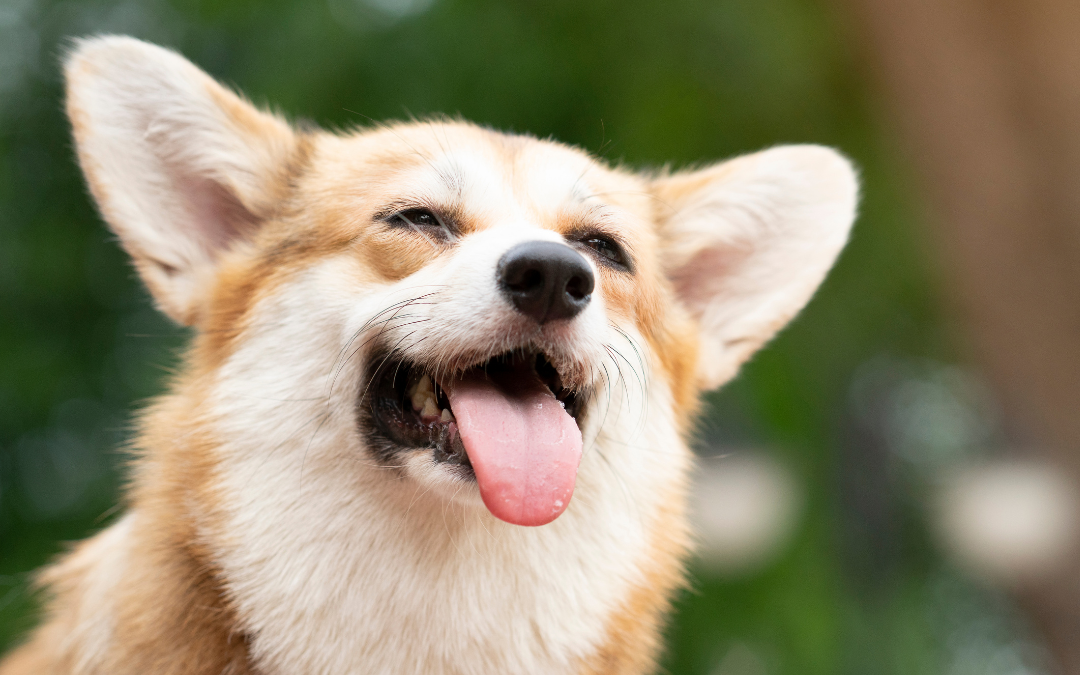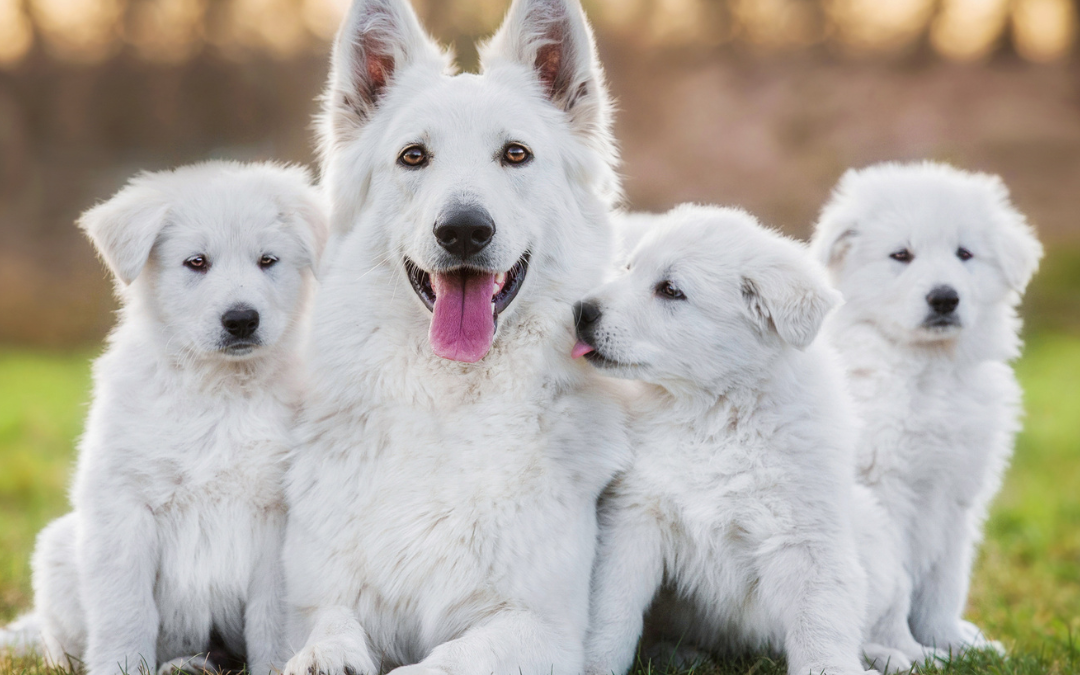
Can My Cat Go Vegan?
We want to feed our cats the most nutrient dense, healthy pet food possible. Often, those who feed themselves a vegan diet project their nutrition philosophy on their cats. Unfortunately, a vegan diet will not provide the nutrients your cat needs for a healthy life.
Unique Nutritional Needs
All animals require specific nutrients. Cats are “obligate” or “true” carnivores. The term obligate carnivore means cats are biological dependent on meat for survival. That is, many nutrients a cat needs can only be obtained from meat such as protein, amino acids, and essential fatty acids. Humans are omnivores and can obtain all necessary nutrients from either plant or animal based proteins, including a vegan diet.
Protein Requirements
Protein is essential to cats for muscle developments, energy, and many biological processes. This increased dependency of protein correlates to different needs in their diet.
Protein is made up of amino acids. There are 22 amino acids in total, and 11 are essential to cats. Essential amino acids are those that are required in the diet, while “non” essential are manufactured by the animal naturally to meet requirement.
Many of the essential amino acids cats need come from animal sources. Meat has a more complete amino acid profile than plant-based protein sources. One example is the amino acid taurine. Taurine is an essential amino acid for cats, and is only available from their diet. Taurine is naturally found in meat, and is important for vision and heart health in cats. If a diet is low in animal-based protein, cats run the risk of being deficient in this particular amino acid. Omnivores such as humans or dogs can manufacture taurine from other amino acids such as methionine and cysteine.
Fat Requirements
Fats are critically important in cat food, given that cats are true carnivores. Fat is a source of energy and is required for many biological functions within the body. Cats require an essential omega 6 fatty acid called arachidonic acid. Many omnivores can convert plant-based oils to arachidonic acid. Cats lack this ability and require arachidonic acid from animal fat sources.
The Solution
Some people project their philosophical nutrition onto their animals to reflect their way of life. Although a vegan diet is completely possible for humans, it is less than ideal for our feline friends. Vegan diets do not deliver proper nutrition to cats given they are true carnivores. If you want to feed your cat the most nutrient dense diet for their specific nutritional needs look for high meat content, which is standard in any healthy pet food. At Pet Wants, we offer fresh, high-quality pet food. Pet Wants cat formulas always start with high quality meat meals, animal based fats, and healthy carbohydrates for a complete nutrient dense diet cats love.



